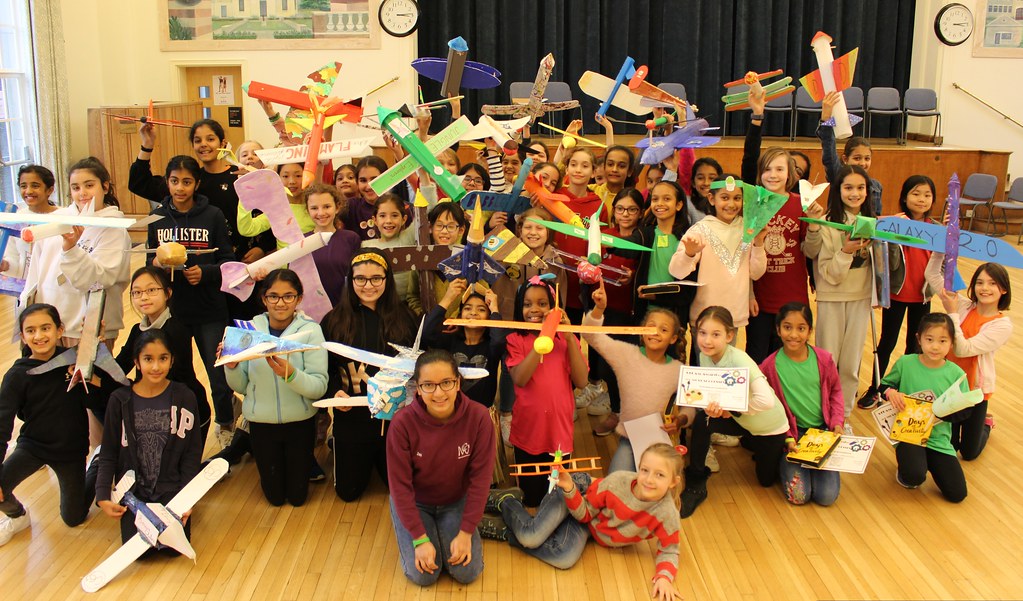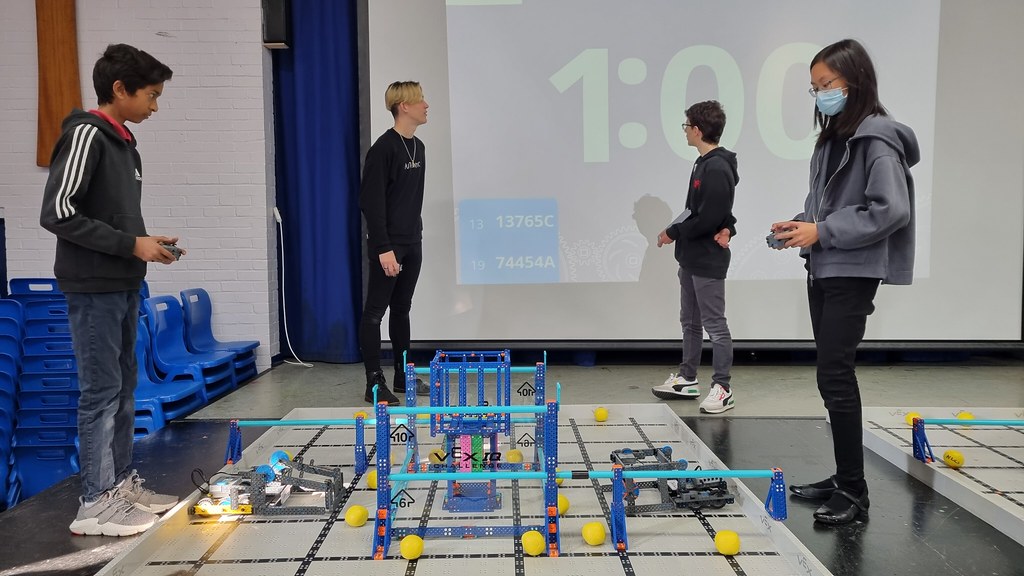SCIENCE, TECHNOLOGY, ENGINEERING, ARTS & MATHEMATICS
At NLCS we pride ourselves on the depth of knowledge our students gain through their enthusiastic engagement with their subjects. In a rapidly changing world, being able to evaluate information based on a wider understanding will allow our students to make sense of the vast amounts of data they will consistently encounter.
A rigorous understanding of fundamental concepts is one important element of this approach – the other is an ability to learn through experience. Throughout our STEAM (Science, Technology, Engineering, Arts and Science) education we encourage students to take risks and become resilient by approaching projects independently, enabling them to develop new skills.
Below you can find a few examples, from the Junior School to the Sixth Form, of how we endeavour to ensure your children are ready for their futures by the time they go to university.
We have a dedicated STEAM Website featuring our students’ articles and podcasts to inform and inspire each other.
nlcsSTEAM.com
STEAM IN THE JUNIOR SCHOOL
Our Design and Technology curriculum has been re-shaped to offer the students a problem-focussed approach and embed the STEAM subjects. To kick-start each project, students are delivered a design brief that encompasses Science, Technology, Engineering, Art and Maths and are given a problem they then have to solve. Rather than taking a teacher-led, prescriptive approach, students are encouraged to experiment with materials, discuss ideas and work collaboratively to create their outcomes.
During our STEAM week last year, students were split into teams across all year groups and tasked with designing and making a flying machine. Workshops were available on subjects including the science of flight, considerations for making wings and aerodynamic examples found in nature. The pupils really threw themselves into this collaborative and creative way of working and the whole community gathered to take it in turns launching their flying machines. Our new curriculum, supported by events like these, inspires our students to develop and believe in their ability to learn independently.
Our Middle School students can take part in the VEX Robotics competition, for which they are given a new challenge annually and must design, build, program, and drive a robot to complete the challenge as best as they can. During the competitions, two robots compete in a teamwork challenge as an alliance and robot skills challenges where one robot attempts to score as many points as possible. These matches consist of driving skills matches, which are entirely driver-controlled, and programming skills matches, which are autonomous. Students must work creatively and develop teamwork, leadership, passion, and problem-solving skills.
Following smoothly on from VEX, our older students compete in the international “F1 in Schools” competition in which teams compete to build the fastest car, the strongest brand and become the most tenacious team. Teams use computer-aided design to prototype a compressed CO¬2 powered car which they then test using computational fluid dynamics and manufacture using a combination of 3D printing and CNC cutting. Teams are responsible for creating their own brand and obtaining enough sponsorship funds to cover the entirety of the competition. Our first two teams entered in 2019 with one winning the regional and national finals, competing in the World Finals 2021.
Having launched our NLCS Eco-STEAM awards in the Summer Term of 2020, we have been proud to see the dedication with which our students embraced the opportunity to evaluate our environmental impact based on data. Learning valuable Excel skills, students analyse various types of data – such as our hourly electricity consumption – to find trends which can be addressed to improve our ecological footprint. Data visualisation used in their professional report allow the students to present their findings and proposed solution to a panel of staff including our Headmistress, who aim to implement feasible solutions.
We aim to introduce a data science project using Python in 2021, with the view of exploring key events in History and Economics.
Games development is the art of creating games that involves the generation and implementation of complex designs. It is through the understanding and implementation of game mechanics our students learn the principles of programming. Throughout our Middle School Curriculum, all students develop a 2D endless game using Python; these skills are further built upon and applied within our Sixth Form courses where students introduce databases to manage multiplayer functionality within their games.
At NLCS we are particularly proud of the vast enrichment opportunities we are able to provide for our students so that we can be confident that every student can find their passion. As part of our Year 10 and 11 enrichment provision, students can opt to do CREST awards which encourage viewing science as a holistic discipline and allows them to explore their interests in the real-life applications of their subjects. In Year 12 and 13, students’ enrichment prepares them for life after school. Students are encouraged to deepen their understanding of the nature of their chosen disciplines and their impact on the world. Ranging from teaching of material beyond the syllabus to independent projects fostering our students’ independence and own interests, our enrichment opportunities ensure that students can pursue their passions.
Our Senior Societies programme allows students in Years 12 and 13 to develop parts of our extra-curricular provision for themselves and younger years. Students invite professionals to share their experiences and knowledge with our students through lectures, workshops and interview podcasts. The Science Society invites professional scientists weekly for our Science Café lectures, while the Maths and Engineering Societies run clubs for Middle Schools students, which allow them to experience applications of their subjects in real life.

